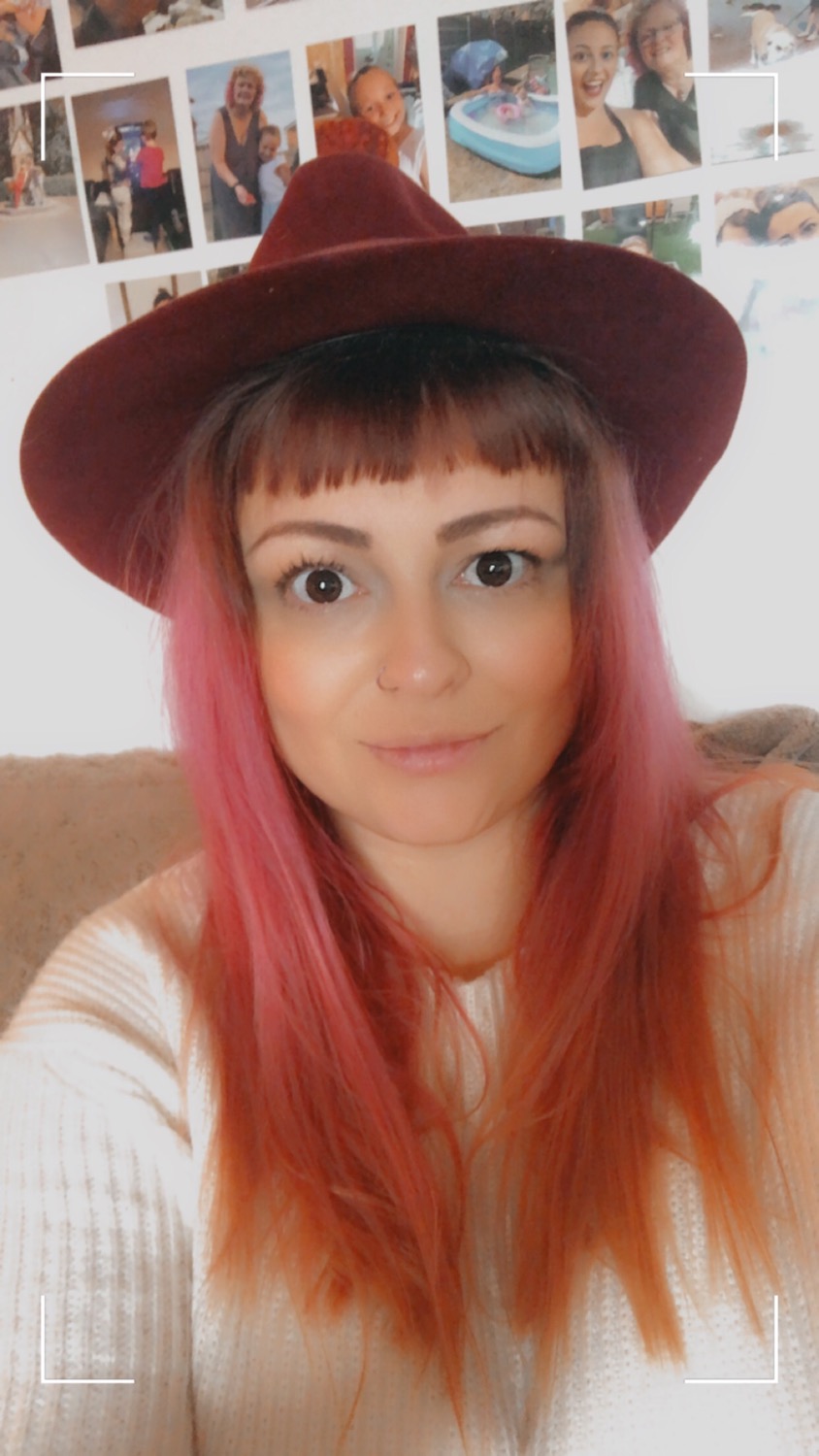How are we Represented and How Does That Affect Us?
- Annie Taylor
- Sep 8, 2019
- 2 min read
Updated: Mar 24, 2020
From cartoons, to news outlets, to TV programming and Halloween costumes; those who are diagnosed with a mental illness are not favourably represented. But what are the consequences of this?
The Halloween costume shown above was advertised as “Teen Boy Halloween Costume” for an astonishing $54.98! I don’t even know where to begin with this one. Do I look at it and become instantly offended? No, I don’t. I love Halloween and I understand that the aim is to be scary, but why are those with mental illness scary?
Personally, I think those with mental illnesses are portrayed as scary because it’s the unknown for many. Media has already shown us that we love to watch things which fascinate us but also make us feel better about ourselves. My evidence is the success in shows such as “The Jeremy Kyle Show”, “Embarrassing Bodies” and “The Biggest Loser”.
The media has a lot to say about mental health, it appears to be a 50/50 split between “we need to do more to help” and “man does something awful because he’s a mental patient”. Just 3 days ago this was a headline with BBC News: Psycho Killed Exeter Girlfriend After Dinner Out.

True statistics show that in 2009, the total population in England and Wales was just over 43 million. It is estimated that about one in six of the adult population will have a significant mental health problem at any one time (more than 7 million people). Given this number and the 50–70 cases of homicide a year involving people known to have a mental health problem at the time of the murder, clearly the statistics data do not support the sensationalised media coverage about the danger that people with mental health problems present to the community.
So let’s say the media makes a change, lets say stores stop selling mental patient costumes, does that fix the problem? Nope! Next we have TV to face. I genuinely believe (and have seen) that a huge percentage of shows have used terms such as “nut job”, “psycho”, “crazy” and others. Don’t get me wrong, I’m not offended when these terms are used. But it does make you think, if we changed them would there be a difference? Sitcoms and adult cartoons often show mental health as an easy fix. A one show timeline where extremes are addressed and fixed in one show. I love some of those shows, and yes they do often highlight some important messages but I wonder if a character with long term mental illness would have any credit.
Now even as I wrote that last paragraph, I felt a bit of self-hatred. I didn’t want to be that person who over-analysed everything that could possibly be contributed to a thought but I guess this post has taken me in this direction. Maybe I’m too much of a hippie denying popular media. Tell me your thoughts, are you happy with how we are represented?
.png)









Comments